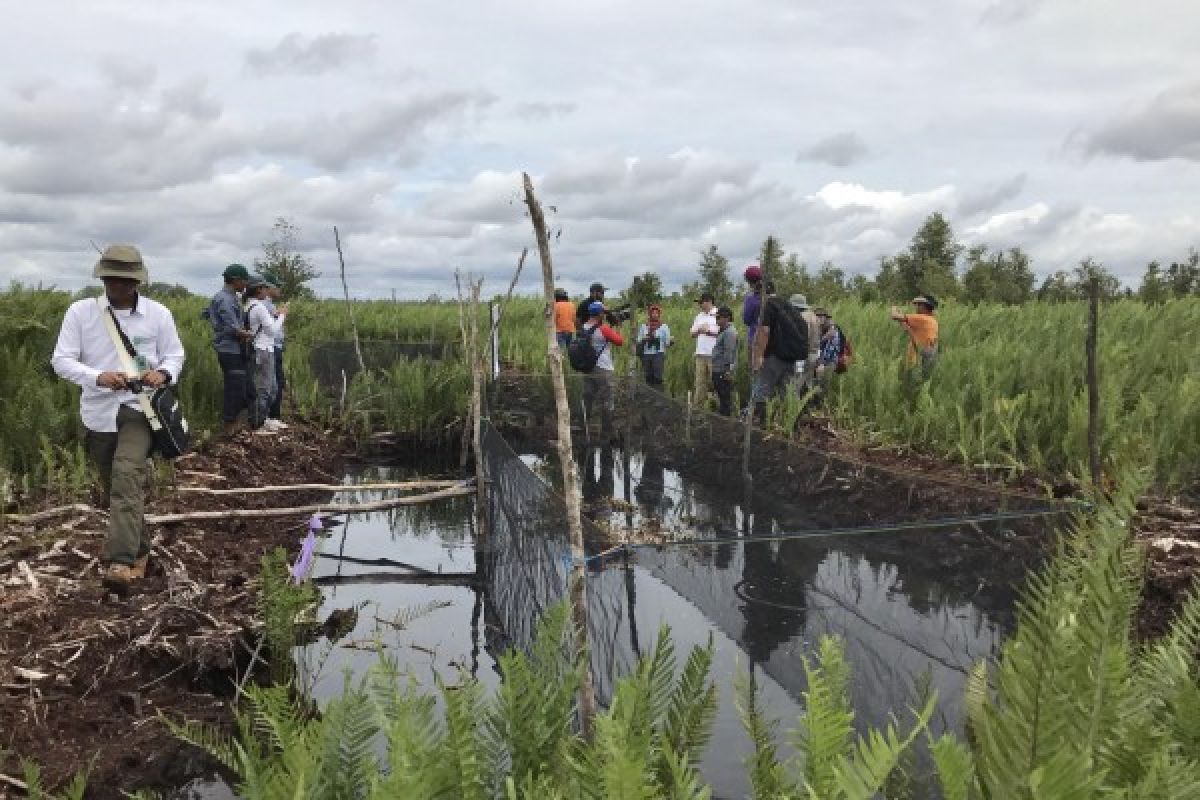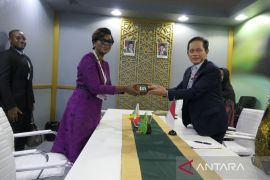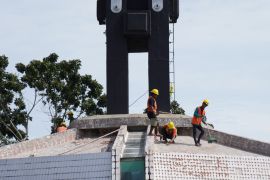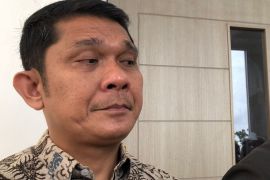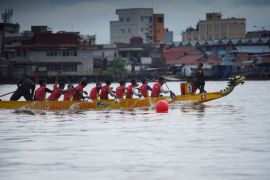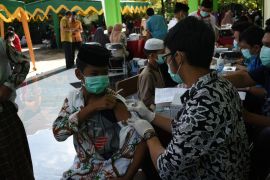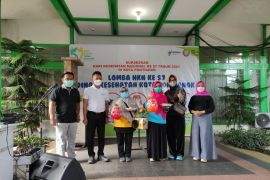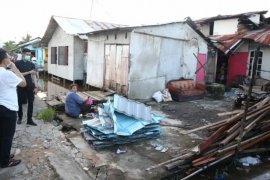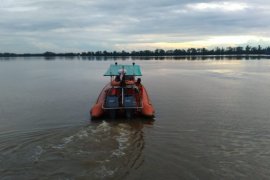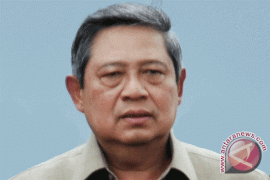"People will surely be able to prevent fires from arising in the land after they begin cultivating it for farming," Sutarmidji stated here on Monday.
He cited the example of North Pontianak`s farmers, who have produced some 30 tons of different vegetables daily from 800 hectares of land.
"In fact, many types of crops can be cultivated in peat soil, such as the Pontianak sweet taro, which is known for its good quality," he added.
Onions can also be cultivated in peat soil and, with good farming management, it could produce 20 tons of onions per hectare, the governor stated.
Sutarmidji believes that the utilization of peatland for farming will help to prevent land fires in the area and at the same time improve the people`s welfare.
"This because when people plant vegetables in the peatland, they have to water the plants every day. This is one solution to avoiding peatland fires," he remarked.
West Kalimantan Police Chief Insp. Gen. Didi Haryono had earlier noted that all related institutions in the province should continue to educate people on the negative impacts of haze and called on them to stop using fire to clear land.
"Let us continue to educate the people on the impacts of haze, and hopefully, they will thereafter stop setting fire to their land," he stated.
According to Haryono, almost 99 percent of forest and land fires in the province were not the result of accidental burning but since the people had set fire to clear the land.
The West Kalimantan Police had recorded that during 2018, land and forest fires in the province covered some 1,100 hectares of peatland area.
Six people were killed in the fires, and the police have initiated legal process against 30 individuals for alleged involvement in the land fires.
Reporting by Andilala, Suharto
Related News: Land fires in Riau arose far from settlement: BRG
Related News: UN Environment ready to help finance International Tropical Peatland Center in Bogor
Related News: South Sumatra plans restoration of hundreds of hectares of peat land
Reporter: Antara
Editor: Azizah Fitriyanti
Copyright © ANTARA 2019
